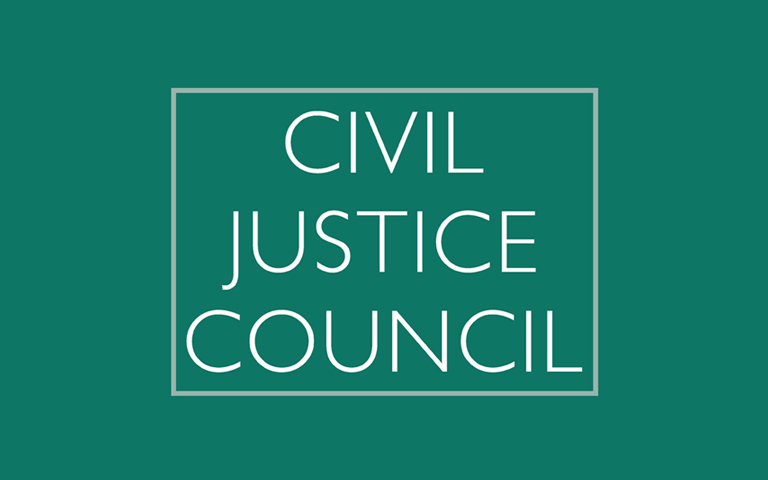The Civil Justice Council (the “CJC”)’s Litigation Funding Working Group, co-chaired by Dr John Sorabji and Mr Justice Simon Picken, has published an interim report and opened a consultation on the current landscape of litigation funding. Harcus Parker Partner Jennifer Morrissey sits as a representative of the Law Society on the wider consultation group to directly inform the work of the review, and to provide a larger forum for discussion in support of the working group.
The background to the review is the Supreme Court decision in R (PACCAR) v Competition Appeal Tribunal [2023] UKSC 28, which cast doubt on the validity of a significant number of third party litigation funding agreements. In response, the Lord Chancellor asked the CJC to provide advice on third party litigation funding.
The CJC working group’s Terms of Reference include assessing the effectiveness of litigation funding in delivering access to justice and providing recommendations for reform where necessary. The Government has indicated that it wishes to consider the question of reform, after consideration of the CJC working group’s findings and recommendations.
The Growth and Role of Third Party Litigation Finding
In recent years, the third party litigation funding market has become an essential resource for bringing claims in England and Wales, particularly group actions, class actions, and representative claims involving groups of claimants with similar cases or a representative claimant pursuing claims on behalf of a larger class.
A recent well known example of a case benefitting from third party litigation funding is the claim brought by a large group of sub-postmasters against the Post Office, which was eventually settled by the Post Office in favour of the sub-postmasters. The case helped reveal and publicise many issues with the Post Office’s conduct and criminal prosecution of sub-postmasters which may otherwise have remained out of the public eye.
While litigation funding enables many cases to proceed that otherwise could not be brought because of the costs associated with litigation in the courts, concerns persist around the costs passed to claimants as a result of taking out litigation funding, which could reduce the overall benefits of a successful outcome, as well as the role of funders in the pursuit of certain types of claims and in potentially directing litigation. The working group’s review will need to weigh these concerns against the considerable risks taken by funders, who often only receive any kind of return on their investment in a case if the case is ultimately successful and a financial recovery is made from the defendants.
Given the importance of third party litigation funding, the CJC working group’s findings and any resulting reforms could significantly shape how many claims are brought in England and Wales.
The Interim Report and Consultation
The CJC interim report sets out the background to the issues raised by third party litigation funding and provides context for the consultation questions. The background covers topics such as the development of third party litigation funding in England and Wales, the development of self-regulation in the litigation funding market, the relationship between litigation costs and litigation funding (in terms of the recovery of litigation costs from defendants in the event of a successful outcome, and the burden of costs payable to the funder by the funded party), and alternative funding options.
The consultation addresses relevant topics such as:
- The potential regulation of third party litigation funding and whether funder returns should be capped.
- How litigation funding should operate alongside other potential funding options for claimants.
- The role of the courts in overseeing litigation funding.
- The protection of claimants.
- The affect of litigation funding on the types of claims being pursued in the courts of England and Wales.
The full list of consultation questions and cover sheet, as well as directions on how to submit answers to the questions, are accessible on the Judiciary website here: https://www.judiciary.uk/related-offices-and-bodies/advisory-bodies/cjc/current-work/third-party-funding/.
Following the consultation, the CJC working group’s full report is scheduled to be published by summer 2025.
Please contact Jennifer Morrissey if you would like to learn more about the review.
